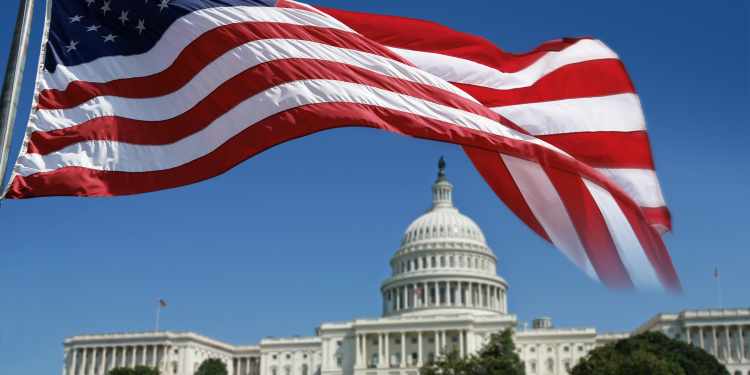Immigration demands vast room for legal understanding and time commitment. With this analysis in mind, moving from your country to the United States requires assurance of decision and preparation. The most appropriate official to rely upon is the U.S. Embassy regarding arranging your immigration process.
As immigration revolves heavily around legal documentation and interviews, hiring an immigration lawyer to help assist in all of the mandatory write-ups and interview prep for you is a recommendation. Your lawyer may give you pointers on the crucial inquiries to ask your Embassy about your case; here are some of the few questions you may inquire about at your Embassy.
Table of Contents
When Should You Travel to the Embassy?
In cases where you are residing outside the United States, you may want to allow an ample amount of time to settle on your proximity. If you have yet to complete your medical examination by an embassy-approved physician, you may first fix it before scheduling your visa appointment.
Asking the time frame of your appointments is the best way to save time and prevent application conflicts. If you are up for the Applicant Interview, arrive earlier than your scheduled time. In most cases, consular interviews are scheduled by batches; therefore, there is a huge possibility that the Embassy may delay your scheduled time.
Who Can I Bring During My Interview?
Your immigration lawyer (if any) can assist you throughout the interview properly and prep you with possible questions asked by the Consular Official. However, if you do not have a legal representative, asking the Embassy to bring can help your preparation be more organized.
The majority of immigration cases involve an entire family moving to the U.S.; in this scenario, only your spouse and children 14 years and above are allowed to attend. This rule can vary on a case-to-case basis, so make sure you ask the Embassy regarding yours.
When Can I Receive My Visa Approval?
If all the procedures are complete, the Embassy’s decision for visa approval or denial can be received a day (the earliest) after through pick-up or delivery. Your visa approval consists of your passport with a stamp and essential documentations. These key documentations are for the United States Customs and Border Protection (CBP), who will be welcoming you once you have landed in the U.S. The stamp in your passport will determine whether they have approved you of either permanent or transient residency.
Conclusion
There are various inquiries you may ask your U.S. Embassy regarding visa application. These kinds of questions may help you prevent unexpected scenarios during your interview. To save time and avoid visa complications, you may want to contact a trusted immigration lawyer. Having a legal representative by your side can help you understand your case and other legal matters.
















